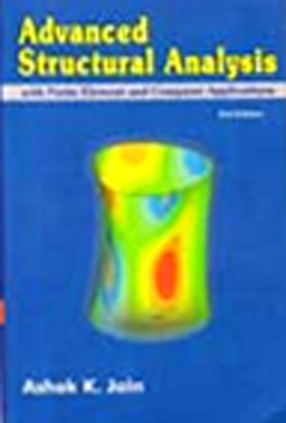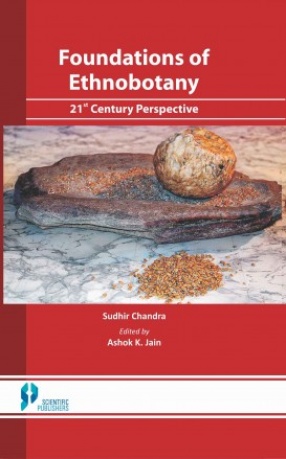The Sage of Female Foeticide in India
Synopsis
Every year, as millions of women marry, they dream of starting a family, of having their homes filled with tiny cries and the happy laughter of gurgling babies. In India however, pregnancy is too often followed by the question of whether the unborn child is a girl or a boy. One son is a cause for joy while two are seen as a lifetime for celebration, the traditional thinking being that if one dies, at least the other will live to take care of the parents. In the bargain, pressures on the woman to produce as one are unending. The girl child is seen as an economic drain as her marriage and dowry crushes her family under huge burden of debts. Despite the legal emancipation of women in India, their education and employment in modern occupations, the traditional bias regarding female children has not undergone a change. Female foeticide is the result of an unholy alliance between the traditional preference for sons and modern medical technology, increasing greed of doctors, rising demand for dowry, the ineffectiveness of the relevant legislation, and the lack of any serious involvement of civil society in fighting this social menace. Socio Legal Offshoots is an endeavour to emphasis the inter-relationship between law and society. This book provides an insight into various critical issues concerning the female foeticide and infanticide in India. The historical context, economic data, policies, debates, reproductive technologies, Constitutional and legal provisions (IPC, MTP Act, PNDT Act), international conventions, medical ethics, along with various preventive strategies have been discussed in a lucid and analytical manner. The book will prove invaluable for students, academics, lawyers, activists, NGOs and all those interested in the welfare of the girl child in India.
Read more
11.70
10.53
$
13.00 $
Free delivery Wolrdwidе in 10-18 days
Ships in 1-2 days from New Delhi
Membership for 1 Year $35.00
Get it now and save 10%
Get it now and save 10%
BECOME A MEMBER











Bibliographic information